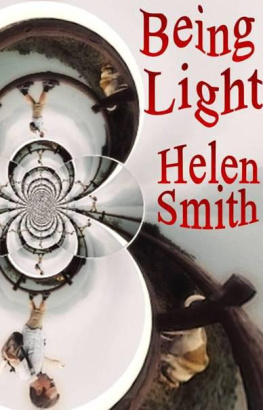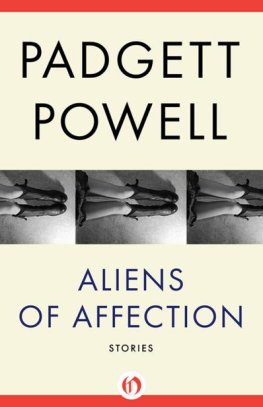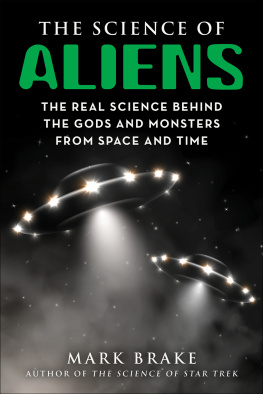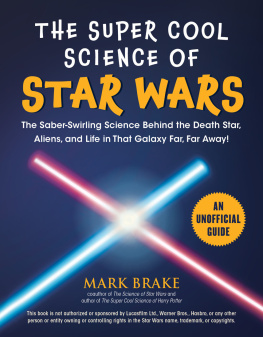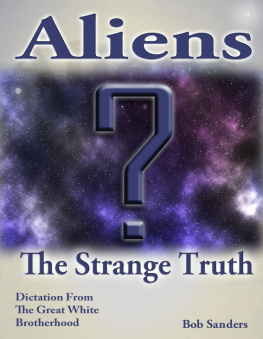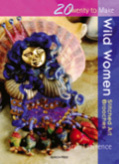
This book is for my parents
Copyright Helen Smith 2000
First published in Great Britain by Orion in 2000
This ebook edition published in 2010 by Tyger Books
The right of Helen Smith to be identified as the author of this work has been asserted by her in accordance with the Copyright, Design and Patents Act 1988.
All rights reserved. No part of this publication may be reproduced, stored in a retrieval system, or transmitted in any form or by any means, electronic, mechanical, photocopying, recording or otherwise, without the prior permission of the copyright owner.
A CIP catalogue record for this book is available from the British Library.
ISBN 978-0-9565170-2-9
Tyger Books
Cover photo: Kevan Cummins, Lamma Island
Reviews for Being Light
Smith has a keen eye for material details, but her prose is lucid and uncluttered by heavy description. Imagine a satire on Cool Britannia made by the Coen Brothers.
Times Literary Supplement
This is a novel in which the ordinary and the unusual are constantly juxtaposed in various idiosyncratic characters Its airy quirkiness is a delight.
The Times
A screwball comedy that really works.
The Independent
Smiths world is as wacky as Nicola Barkers, but much funnier, less disquieting. Perhaps the Evelyn Waugh of Decline and Fall comes closer She is a great snapper-up of unconsidered trifles Wicked!
Time Out
Smiths second novel has a comic style with a clear, simple, buoyant prose.
Irish Independent
An exuberant, acutely observed second novel.
Shena Mackay, The Independent
Smith is a wonderfully original and inventive writer who never bores her readers. Jerry Brotton , Amazon.co.uk
Chapter One ~ The Castle
Roy Travers and his friend Brian Donald begin setting up the bouncy castle in Brockwell Park early in the morning, while the light is still weak and they are only half awake. Its a very windy day in late April, with a light drizzle forecast for this afternoon, but they and the other volunteers are expecting a large crowd to turn out from midday to raise money for St Thomas s Hospital Scanner Appeal.
The bouncy castle, lent to them for the occasion by a local business, is the star attraction for the younger children, together with the pony rides. It is very shiny, made from an expensive prototype material of the kind that is primarily used in modern metallic stay-fresh crisp packets.
Funny weather for a Fun Day, says Brian, who has no gift for observational humour. Roy ignores him, crouched inside the bouncy castle at the back, patting and smoothing the walls to make sure it is inflated correctly. The inflation is just right. They have made the walls and the turrets of the castle fat and sausagey without putting a strain on the material.
Brian hunches over a Silk Cut Ultra Mild with his disposable lighter, his back turned against the wind, hoping to reward himself with a quick smoke before checking that the guy ropes are secure. His wife doesnt like him smoking. She was the one who told the Hospital Fundraising Committee he would be prepared to spend his day off buggering about with the bouncy castle, so he doesnt feel too bad.
The wind nudges the castle. The ground is soft because it has been raining. The metal pegs slide from the earth like hungry fingers through custard. The castle bumps an inch or two along the ground, trailing the guy ropes. Unheeding, Brian flicks at his lighter and makes a windshield for the cigarette with the lapel of his jacket, turning his back one way and then another against the intensifying wind, whipping around him from all directions.
With the persistence and strength of an elephant moving tree trunks in the jungle, the wind produces a fierce, blowing burst that transforms the anchorless castle into a flying craft, Roy Travers its only passenger.
At first Roy laughs as he feels it lift beneath him. Bouncy castles are usually a bit tame as an amusement, except for the smallest children, but a flyaway castle strikes him as funny for a few seconds as it rises swiftly on the strong spurt of wind.
Hey, Roy shouts, as much to the castle as to anyone else, as if it might come to its senses and deposit him back on the ground. Brian runs after him and tries, and fails, to catch hold of the guy ropes to bring him back to earth. Perhaps hed have made more of an effort if they had winning lottery tickets pinned to them.
Neither Roy nor Brian have been involved in a tragedy before, although they sometimes watch the drama documentaries on the BBC that recreate real life rescues, with many of those involved self-consciously playing themselves. Unfortunately, like so many amateurs in tragedies of this kind, Roy and Brian have no sense of occasion and as a consequence they fail to act quickly or appropriately. They both assume that the flying bouncy castle will drift back to earth. Brian takes out his camera and snaps a few photos. The bouncy castle climbs higher and higher, the wind keeping it aloft skilfully as if harnessing the gentle hands of an invisible juggling circus troupe.
Roy crawls to the front of the castle on his knees, holds on, looks down. He tries to overcome his fear of heights. He has to jump from the castle and save himself. He raises himself to a standing position, knees slightly bent to keep his balance, still holding on. The castle has risen high enough in the air to brush tree tops. How tall are trees? Ten feet? Twelve? Fifteen? Roy tries to visualise himself standing on Brian Donalds shoulders. Would he be able to reach out and touch the tree tops? How tall is a first floor window? If you jump from the first floor, do you survive? The castle continues to climb. What about the chances of survival if you jump from a second floor window?
Roy returns to a crouching position, then moves again to get comfortable, resting his weight on his knees, holding on, looking down. He is too dangerously far from the ground to risk a jump. He switches his focus to remaining on the castle, as if it were his saviour rather than his captor. He finds a reasonably comfortable position, half reclining like a Roman guest at a feast, his feet jammed into a pocket in one of the side walls, his hands gripping the material beneath him. He feels secure enough to appreciate, if not actually enjoy, the view of the English countryside as he sails above it.
With the quietness, the wind in his hair, the gentle bobbing motion of the castle, Roy could almost believe himself lost at sea if it werent for the scenery below. In a rustic tableau reminiscent of an earlier, more innocent age, he sees a mother with two children on bicycles in a country lane. They wave at him as he floats overhead. What is the correct response? He has no materials to make a placard and spell out Help. The tiny figures are too far below him to read his distress in hand signals. Unwilling to disappoint the children, he waves tentatively. Still the flying castle climbs. The air is very cold. He wishes he could sail nearer the sun, so he could feel its warmth.
Roy loses track of the passage of time. He feels himself becoming light-headed as the air grows thinner. The prototype bouncy castle material, subject to unpredicted changes in temperature, begins to shrink. Roy lifts his lolling head and squints at the sun, trying to assess whether there is a danger of sailing too near and shrinking his craft enough to plummet him to the earth. His last thoughts are of his wife as, eyes tightly shut, he feels the material beneath him wrinkle and contract, hears the menacing hiss of the air inside escaping, feels the too-quick descent towards earth and certain death.
Next page
